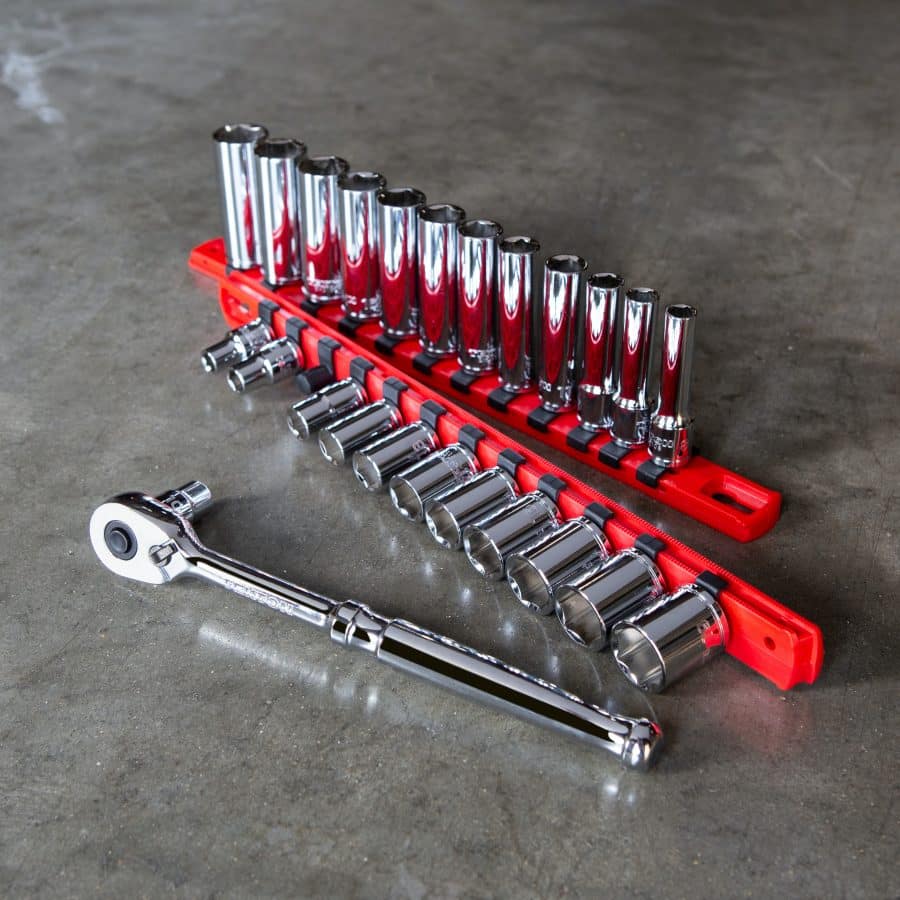Consumer products like tools and appliances are so ubiquitous that when even a small percentage of them fail, they can hurt huge numbers of people.
Products liability claims provide a valuable means to hold the companies which design, manufacture, and sell defective consumer goods accountable. But there are obstacles to pursuing these claims, including: creative “blame the user” defenses; , logistical and practical difficulties in locating other incidents which are spread across the country and rarely reported due to the lack of a comprehensive injury reporting system; , the need to retain experts and develop expert opinion testimony; and ever-expanding international supply chains which include manufacturers and distributors in far-off countries.
“You get a lot of corporate interest in protecting not only their product but their brand as a whole,” said Newsome Melton attorney M. Jesse Stern. “It’s hard to get a corporation to say they’ve done something wrong and take responsibility.”
Stern is working on one case where a man was fixing his car when the wrench snapped and hit his eye. He’s had three surgeries, has little vision in the damaged eye and has mounting medical bills.
Another of Stern’s cases involved a food processor with a faulty safety shutoff. When the plaintiff reached into the processor, the blades that should have been locked because the lid was off began whirring and sliced off the tips of two of his fingers. Stern’s case alleged that the defendants knew the safety interlock was faulty but sold 255,000 of the food processors anyway.
“It’s clear as day they knew even before the product got into the United States from China that the product was having problems,” Stern said.
They eventually issued a recall but Stern said the case shows a weakness in the consumer protection system because there are so few rules on how companies must notify product buyers. Stern said his client filled in the registration card when he bought the product but wasn’t notified about the recall. The company posted recall notices by the restrooms and in a book available at the front desk by request.
“Companies do the least amount possible to comply with the law,” Stern said. “They don’t want to hurt their image. They don’t want to be known for selling crappy products.”
Given the many financial disincentives to revealing product problems and publicizing recalls, product liability cases play an important role, Stern said.
“Lawsuits provide an avenue to shed light on problems. It takes a person who’s been wronged to fix a product. It takes that one individual to shine a light on what’s going on.”
If you have questions about this topic or need assistance filing a product liability claim, Newsome Melton can help. Contact us at 1-888-380-2809.


